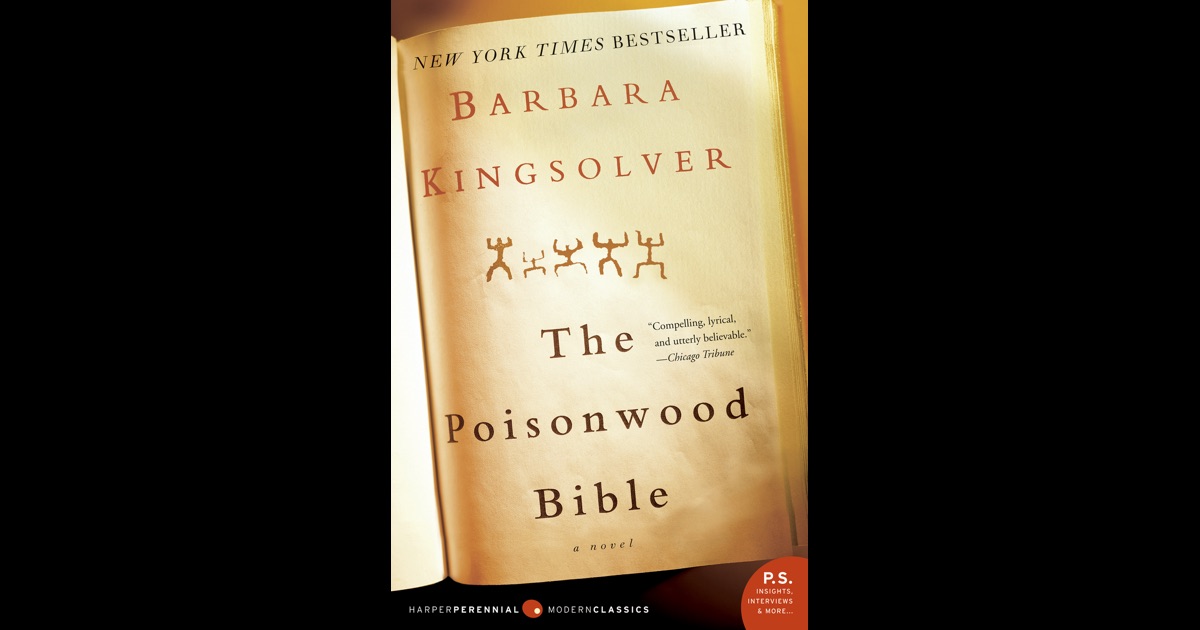

It was impossible sometimes to tell who was speaking unless you caught the chapter intro. And she didn't even attempt to vary the voices. I actually think she is okay for the voice of the mom, but the book is presented by chapters in the separate voices of the mom and four daughters, and she has a husky, gravelly voice that is just horrible for teen girls and children. Truly a "must read"įirst, everybody is right about the narrator. The family story, as it details the maturation of supressed little girls into hugely differing independant women, each far greater than their father's expectations, illustrates how one absorbs a comprehension of life from your surroundings and experience that is not necessarily what your teachers intend. The detailed underlying history shocked me, I have been compelled to learn more about Congo and it's still turbulent evolution. It took a couple of hours to get Dean's subtle voice changes for the younger girls - but by the end of the book I didn't need the preface of names to know them as individuals. This summer I decided to "listen and read" at the same time, and suddenly the book came alive to me. In spite of several attempts, I never could get too far before I lost the thread of the character changes and gave up. My sister, who lives in Africa, gave me the book soon after it was published with the instruction that this was a "must read". Taking its place alongside the classic works of postcolonial literature, this ambitious novel establishes Kingsolver as one of the most thoughtful and daring of modern writers.

The novel is set against one of the most dramatic political chronicles of the twentieth century: the Congo's fight for independence from Belgium, the murder of its first elected prime minister, the CIA coup to install his replacement, and the insidious progress of a world economic order that robs the fledgling African nation of its autonomy. What follows is a suspenseful epic of one family’s tragic undoing and remarkable reconstruction over the course of three decades in postcolonial Africa.

They carry with them everything they believe they will need from home, but soon find that all of it - from garden seeds to Scripture - is calamitously transformed on African soil. The Poisonwood Bible is a story told by the wife and four daughters of Nathan Price, a fierce, evangelical Baptist who takes his family and mission to the Belgian Congo in 1959. has with infinitely steady hands worked the prickly threads of religion, politics, race, sin and redemption into a thing of terrible beauty.” - Los Angeles Times Book Review


 0 kommentar(er)
0 kommentar(er)
